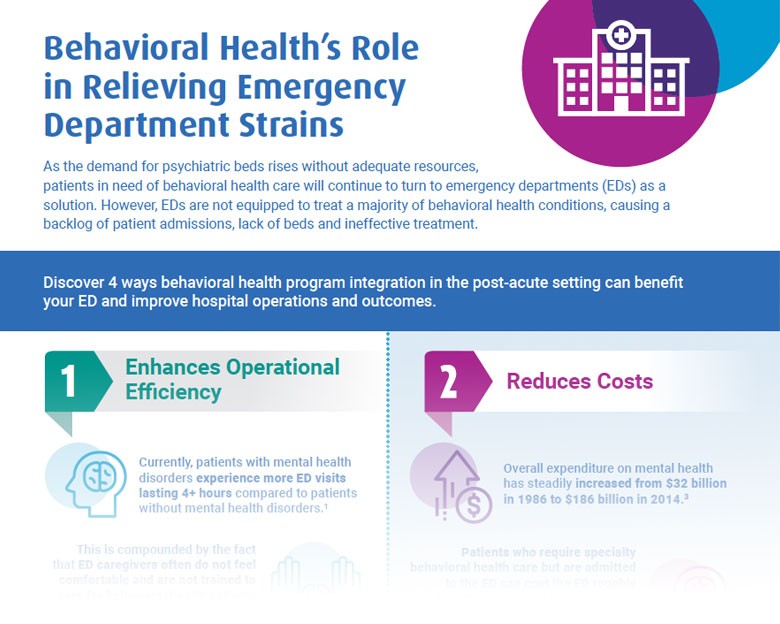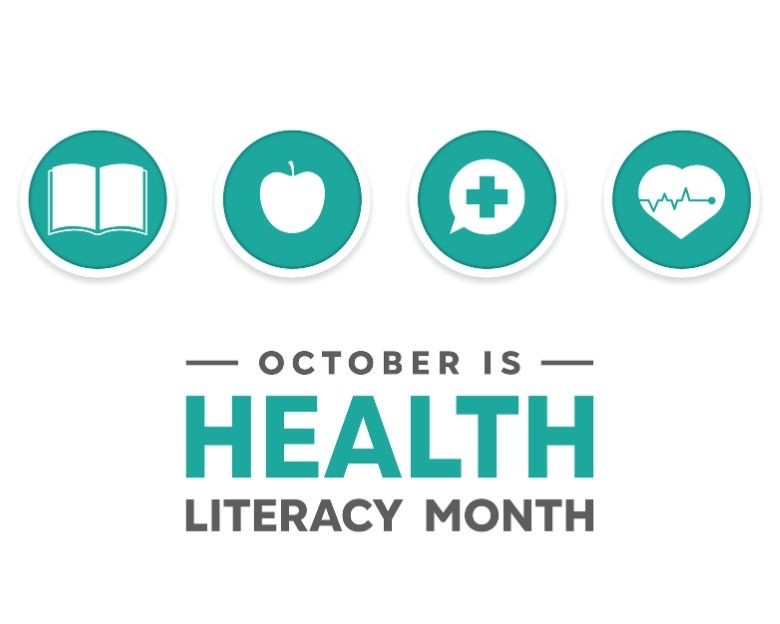A New Standard of Care: Delivering Behavioral Health That Aligns with Community Needs
In 2024, 45 million people reported being in recovery from a mental health condition, while an additional 23.5 million reported being in recovery from a substance use disorder.










